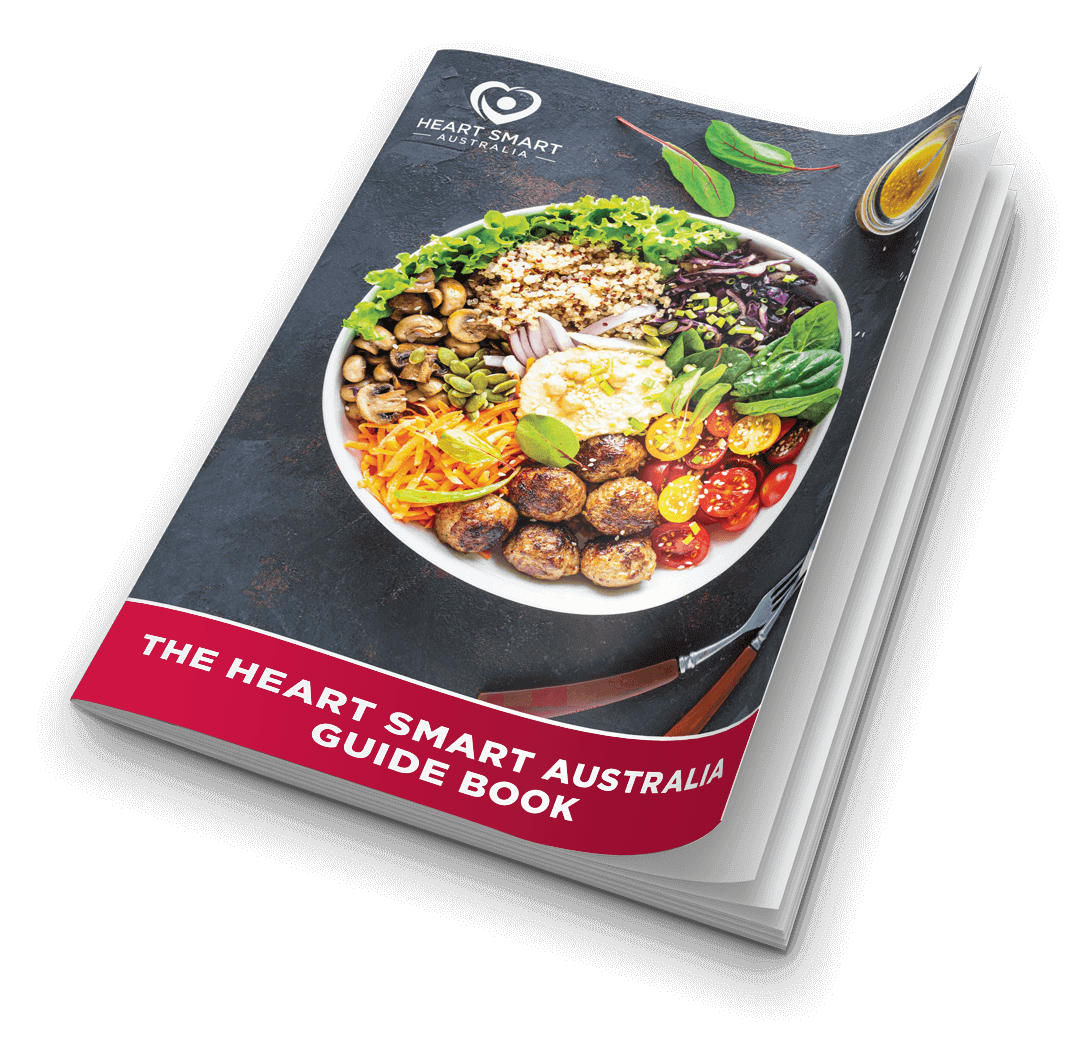Fatty liver – What is it and why?
What is Fatty Liver Disease?
Fatty liver disease is a common term used to describe a range of conditions that are caused by a buildup of fat in the liver. This disease affects about 1 in 10 adult Australian’s and its prevalence continues to rise worldwide.
It is not just simply caused by eating fatty foods as its title suggests. Unless you’ve had a blood test, this disease can go undiagnosed for quite a while as it rarely causes pain or symptoms. However, treatment and management of the fatty liver disease are vital, as they can progress and likely indicates other health issues.
In this article we will explore:
Cause
Poor lifestyle choices are the main contributor to this condition. The most common causes of fatty liver are:
- Obesity
- High cholesterol and Triglycerides
- Type 2 Diabetes Mellitus
- Heavy alcohol use
There are also some less common causes such as; Underactive thyroid, Polycystic Ovarian Syndrome, and complications in late pregnancy. These are indicated by a lack of insulin sensitivity. Insulin is the hormone that helps our body use the sugar we get from the foods we eat as energy.
Non-alcoholic Fatty Liver disease (NAFLD)
This is the most common form of fatty liver. If untreated and fat continues to accumulate, it can progress into NASH.
Non-alcoholic steatohepatitis (NASH)
This is the chronic inflammation of the liver. It is most commonly found in people who suffer from obesity, high cholesterol, and type 2 diabetes. When managed well this disease progresses slowly, however, if you also have another liver disease such as hepatitis C or B it may become serious quickly. NASH may progress to more liver scarring or the more serious condition of cirrhosis.
So you’ve got Fatty liver disease – now what??
Modifying your lifestyle is the best and simplest way to manage and reverse your fatty liver! By including some dietary modifications and physical activity, you will start to reduce the fat on your liver and on your body. A wide range of evidence suggests weight loss between 3-10% of total body weight at the beginning of the disease will reverse its effects.
Diet
There are many dietary recommendations for fatty liver management. These include:
Exercise
Alcohol
Need help with actioning all of the above or want to find out more tips on managing your fatty liver disease? Get in touch to see how we can help you!
How we reviewed this article:
- Sources
- History
Heart Smart Australia utilises a variety of credible and reliable sources to support and provide valuable insights into the topic being discussed. From academic journals to government reports, each reference has been carefully selected to add depth and richness of our articles.
- (1) Miller, E. F | (2020). Nutrition Management Strategies for Nonalcoholic Fatty Liver Disease: Treatment and Prevention. Clinical Liver Disease, 15(4), 144–148.
- (2) George, E. S., Forsyth, A., Itsiopoulos, C., Nicoll, A. J., Ryan, M., Sood, S., Roberts, S., & Tierney, A. C. (2018) | Practical Dietary Recommendations for the Prevention and Management of Nonalcoholic Fatty Liver Disease in Adults. Advances in Nutrition, 9(1), 30–40.
- (3) Practitioners, T. R. A. C. of general | (n.d.). Fatty liver disease. Australian Family Physician.
- (4) Parra-Vargas, M., Rodriguez-Echevarria, R., & Jimenez-Chillaron, J. C | (2020). Nutritional Approaches for the Management of Nonalcoholic Fatty Liver Disease: An Evidence-Based Review. Nutrients, 12(12), 3860.
- (5) Kargulewicz, A., Stankowiak-Kulpa, H., & Grzymisławski, M | (2014). Dietary recommendations for patients with nonalcoholic fatty liver disease. Gastroenterology Review, 9(1), 18–23.
- (6) Fatty Liver Disease | (n.d.).
Our team actively monitors health and wellness advancements, keeping our articles up-to-date with the latest information as it becomes available.




